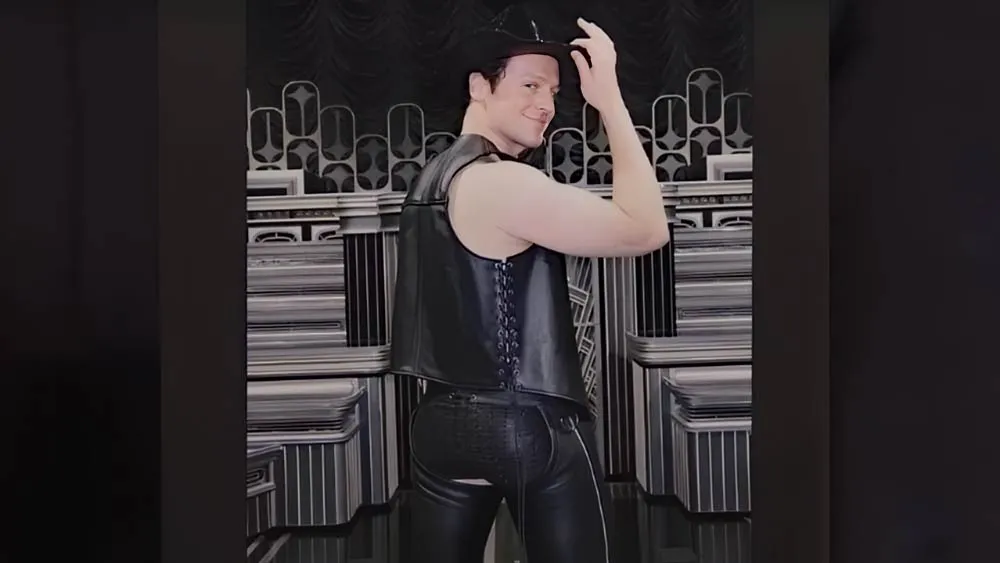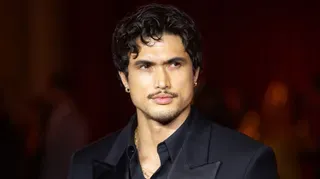October 26, 2013
LGBT History Month Profiles: Tracy Chapman
Kilian Melloy READ TIME: 2 MIN.
Tracy Chapman was born in Cleveland, Ohio and was raised by a single mother. Despite money being tight, her mother bought her a ukulele at the age of three, as she recognized Tracy's love for music. By the time she was eight, she taught herself how to play guitar after being enthralled with a performance she saw on the television series "Hee Haw."
Chapman is a graduate of the Wooster School and Tufts University, earning bachelor's degrees from the latter in anthropology and African studies. She started playing guitar and singing for tips while at Tufts University, setting up on the street and booking performances at coffeehouses all over Cambridge, Massachusetts. A classmate discovered her by sending her demo to a relative who worked in the music industry. In 1987, she signed a contract with Elektra Records, and her first album, the eponymous "Tracy Chapman," was released the next year. The single "Fast Car" was her first hit, peaking at #6 on the Billboard Hot 100 in the summer of 1988. Chapman won three Grammy Awards for her album, including the influential award for Best New Artist.
Her next two albums, "Crossroads" (1989) and "Matters of the Heart," (1992) were successful, going platinum and gold on the Billboard 200, respectively. It was her fourth album, "New Beginning" (1995), however, that was her biggest success. The album sold over three million copies in one year and spawned the #3 hit "Give Me One Reason," which netted Chapman another Grammy Award as the song won the title of Best Rock Song of 1997. She has released four albums since 2000, the most recent being "Our Bright Future" (2008).
Chapman is well-known and celebrated for her work for various social advocacy groups such as Make Poverty History, Amnesty International, AIDSLifeCycle, the National Organization for Women, and amfAR. She has also worked very closely with Cleveland Public Schools, making sure black history is placed as a priority in their educational curriculum. In 1988, she was invited to perform on the 40th anniversary of the United Nations Universal Declaration of Human Rights. In the same year, she performed at the Nelson Mandela 70th Birthday Tribute, with proceeds going to the anti-apartheid fight in South Africa (at this time, Mandela was still imprisoned on Robben Island).
Chapman has stressed many times throughout her career that she does not believe in labels, and as such has never publicly called herself a lesbian, but she has been romantically linked with women -- for example, the writer and poet Alice Walker.
https://myspace.com/tracychapman
http://www.youtube.com/artist/tracy-chapman
Kilian Melloy serves as EDGE Media Network's Associate Arts Editor and Staff Contributor. His professional memberships include the National Lesbian & Gay Journalists Association, the Boston Online Film Critics Association, The Gay and Lesbian Entertainment Critics Association, and the Boston Theater Critics Association's Elliot Norton Awards Committee.







